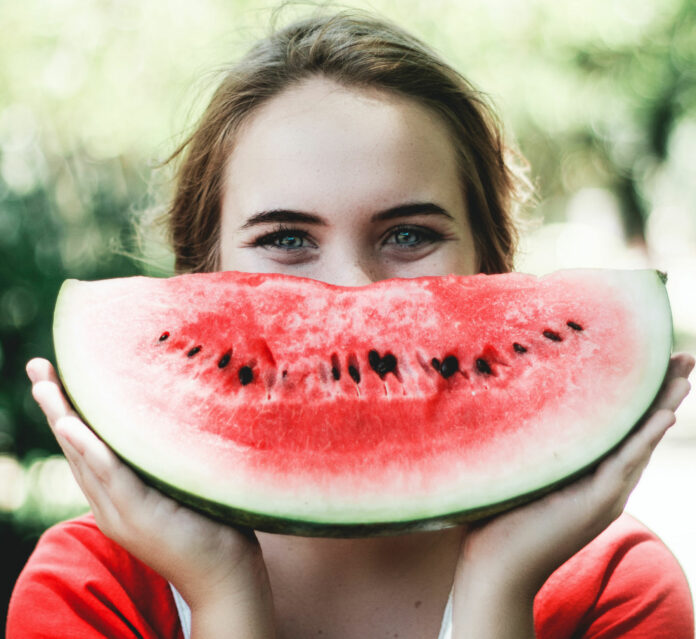
They say you are what you eat, and what we eat plays an important role in our mental health—everything from how we sleep, to how we handle stress and our overall mood. It has even been shown that dietary improvement can reduce symptoms of depression, even in people without diagnosed depressive disorders.
Food and Stress
There are many ways to manage stress, including self-care, relaxation and deep breathing techniques, or meditation. In addition, diet and nutrition may also affect your stress levels.
Foods That Can Reduce Stress
- Dark chocolate. Dark chocolate has been shown to lower cortisol levels (aka the stress hormone).
- Bananas. Not only can bananas provide a great source of energy, but research shows they can also reduce inflammation and oxidative stress levels that are associated with increased cortisol.
- Garlic. A study found that garlic lowered the levels of several stress-related hormones, including cortisol.
Food and Mood
It can be tempting to turn to food to lift your mood when feeling down, or to celebrate when things are good. However, the comfort foods we turn to can negatively impact your mood.
Foods That Can Improve Mood
- Fatty fish: fish is full of Omega-3s. DHA & EPA are linked to lower levels of depression.
- Oats: high in fiber and iron—two important nutrients for a good mood.
- Fermented foods: Fermented foods promote the growth of healthy bacteria in your gut which may increase serotonin levels. The best fermented foods for your mood are yogurt, kombucha, kefir, sauerkraut, and kimchi.
- Berries: the dark purple color in berries comes from anthocyanins. One study associated a diet rich in anthocyanins with a 39% lower risk of depression symptoms.
Food and Sleep
A good night’s sleep is critical to our health, giving our bodies time to rest, repair and rebuild. A lack of sleep can impact not just your mood, but also your motor skills, performance and immune system.
Foods That Can Improve Sleep
- Foods high in magnesium. Magnesium is associated with better quality of sleep. Leafy greens like spinach, nuts, seeds, avocados and black beans are all magnesium-rich foods.
- Tart cherries/tart cherry juice. Tart cherries have above-average concentrations of melatonin—a hormone that helps regulate circadian rhythm and promote healthy sleep.
- Healthy fats. Unsaturated fats improve your serotonin levels which helps with sleep quality. Nuts like walnuts, almonds, cashews and pistachios are a great source of healthy fats.
Foods to Avoid
While there are foods that can improve stress, mood and sleep, there are also foods that should be avoided. Processed foods, foods high in sugar and excess caffeine can all be linked to mood swings, higher stress levels and impaired sleep. Though you don’t have to cut these foods out of your diet completely, it may be a good idea to limit your intake, especially if you feel like they may be affecting your mood, stress or sleep.
Mindful Eating
Make an effort to pay attention to how you feel when you eat. Documenting what, where and when you eat is a great way to gain insight into your patterns. For example, if you find you overeat when stressed, you can make efforts to replace that habit with something like meditation, deep breathing or taking a walk.
When to Seek Help
Sometimes diet and nutrition alone aren’t enough to make a difference with the mental health challenges you’re experiencing. Remember that everyone needs a little help sometimes. Whether for yourself, for your child, or for your relationship, there are seasons where it’s best to seek outside help.
Maaliea Wilbur, a Licensed Marriage and Family Therapist, is Founder and CEO of TherapyWorks. For more information, visit mytherapyworks.com.











